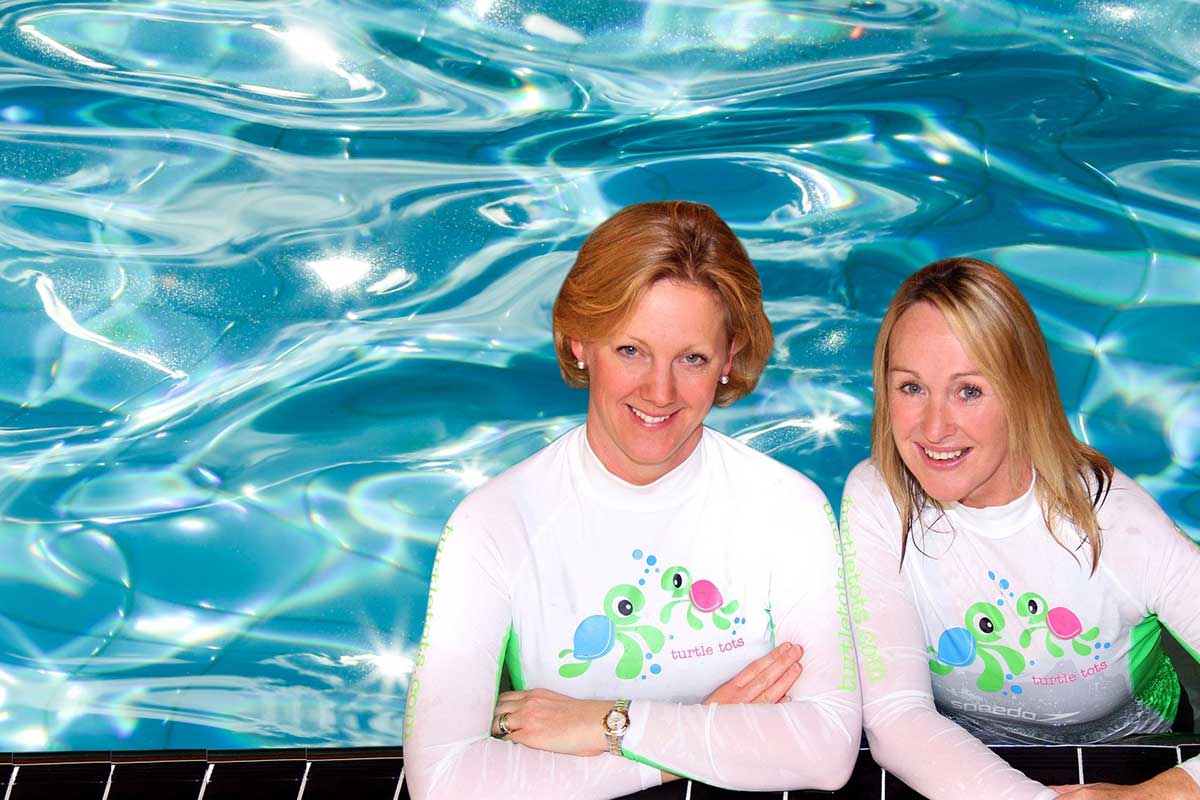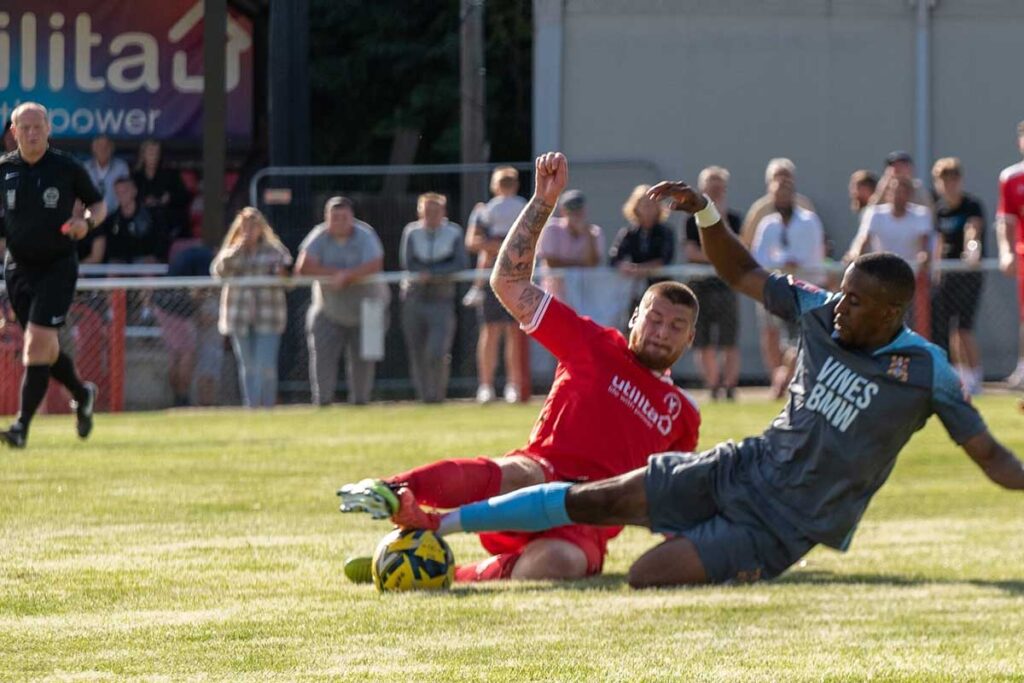Welcome to the first part of our Growth series
If you’re planning to grow your club or organisation, or have developed a programme of classes that you want to roll out in multiple locations, let us first say congratulations! This is a very exciting time and we’re sure a lot of hard work has gone into reaching this point.
You’ve likely got some big decisions to make now. A key one is deciding how to grow. In the first of two articles exploring business growth strategies, we’ll look at one of the routes you could take – franchising. In part two, we’ll talk about expanding into different locations and taking on new premises / facilities.
What is franchising? Is it right for your club or organisation, and what do you need to consider if you do decide to do it? We’ll answer all these questions in this article, plus we’ll look at case studies and hear the opinions and advice from the experts. Download our free business performance ebook for actionable advice and helpful tips from our experts.
What is a franchise?
If you’re not familiar with the term, a franchise is a business where the owner (the franchisor) licenses the operations to someone else (the franchisee) for a fee. Things like products, branding and knowledge might also be included in the package.
Franchising can enable you to grow your business and brand in multiple locations. This can be more cost-effective than taking on new premises yourself because the franchisee covers the cost, as well as the costs for staffing. When everything is up and running, the franchisee will collect the income, while you’ll get fees and any royalties or a mark-up on products sold e.g. merchandise or kit.
It’s important to note that franchising is not an easy way to make a quick profit. You’ll need to invest time and money, especially at the start while you set up your franchise model. This will include preparing legal documents, operations and training manuals, your recruitment strategy etc. (we’ll go into more detail about all of these later on).
Because of the high level of effort needed, your existing business needs to be in good shape first before you consider franchising.
Case Study – Pulse Academy
Pulse Academy is an independent football education and training programme for 16–19 year olds. It was set up in 2011 when the founders felt there was a need for something for young players looking into career options in football or sport – not just in England but around the world.
“We set up initially through a small group of players. Working closely with them over a period of time, and through word of mouth, we steadily recruited more players,” explains Paul Harkness, who runs the courses.
“We did a lot of market research to start with and looked at the direct competition in the areas we wanted to operate in.
“My advice to anyone starting up a business in the football industry is to have patience. It is hard work and takes time to build – don’t try to grow too quickly.”
Franchising vs expansion – which is right for my business?
Expansion – which we’ll cover in more detail in part two – involves taking on additional premises or facilities yourself, instead of licensing the operations to a franchisee. Although you are responsible for the running of multiple sites (and the cost associated with that), you stay in complete control.
So which business strategy is right for you? The answer depends on a number of factors. The first one is if what you offer is tied to a particular location e.g. facility / training ground, or people e.g. coaches / tutors. If that’s the case, it might be harder to franchise.
A franchise model works for Pulse Academy because it’s an educational programme, rather than a traditional football club. Theoretically, the programme could be delivered anywhere by anyone with the right training.
There are similar franchised programmes in the world of gymnastics, particularly in the US. These often offer training in specialist skills, such as ninja programmes (you can read more about these in our article – Running a ninja programme at your gymnastics club).
For certain sports and clubs, however, franchising might not be the best option.
“Franchising is something that hasn’t ever been used in swimming clubs in the UK,” says Clive Marquis, LoveSwimming Community Ambassador.
“Here, clubs are mainly run as non-for-profit organisations, which Swim England really wants swim teams to adhere to. Franchising a swimming organisation could bring around governance issues, unless your intentions are made clear to the national governing body.”
However, it’s a slightly different situation for swim schools. As Clive explains; “In the swim school market, franchising is a great way to increase revenue.
“All swimming organisations need customers – volume can be key. The greater the volume, the more profit. Franchising, therefore, can bring in more customers in more locations.”
What to consider when franchising your business
Here are some of the important things to consider if you do decide franchising is the right strategy for your business…
Feasibility
The first step is to make sure that franchising is actually feasible. As we’ve pointed out already, your business needs to be performing well in order for your franchise to be successful.
Every aspect of your business should be included in your analysis – from your performance figures and revenue projections, to your marketing strategy, policy documentation and database management. Our article – Business need analysis – has a number of tools and templates to help you assess your organisation.
Recruitment strategy
When planning how you’ll recruit franchisees, it can be helpful to follow these steps:
- Develop your ideal franchisee profile
- Locate them in the map
- Understand how to target them
At Pulse Academy, they recruit franchisees based initially on a conversation around where the individual is at with their career and geographical location.
“We have to ensure there is a need for a programme in that area and then we can discuss a plan to move forward,” says Paul. “An initial telephone call is how we start the process.”
Operations manual
The operation manual contains the guidelines a franchisee will use to run their business. It’s an essential document because it outlines everyone’s responsibilities. Ultimately, it makes sure the standards of your business and brand are being met
How detailed your franchise operations manual is will depend on your type of business, the size of your franchise network and the level of independence franchisees have.
You might also want to consider creating a training plan to help franchisees to run the business successfully. This could be a one-off session, or ongoing over an agreed period of time.
Legal requirements
Another essential piece of documentation is the legal agreement between yourself and the franchisee. It usually includes things like:
- Legal relationships and offered licenses
- Key definitions
- Fees
- Obligations
- Termination and break clauses
- Territories
- Trademark information
- Disclaimers
A comprehensive legal agreement protects you and your business, so consider working with a consultant to create it.
–
Growing your business is not an easy task but it can be very rewarding if you get it right. Our top takeaways are:
- Conduct a thorough review of your business first to make sure you’re running as efficiently as possible
- If you’re associated with a particular sport, check whether franchising is compatible with your governing body’s guidelines
- Take the time to put together all the supporting documents
- Remember that the better the franchised businesses perform, the better your business performs overall. So it’s worth making sure any training materials are as helpful as possible
Is the amount of admin stopping you from growing? Discover how LoveAdmin can help you save time – and increase your income. See how it works.
















